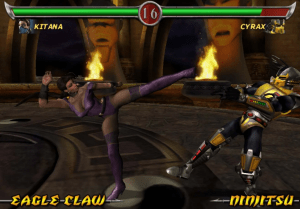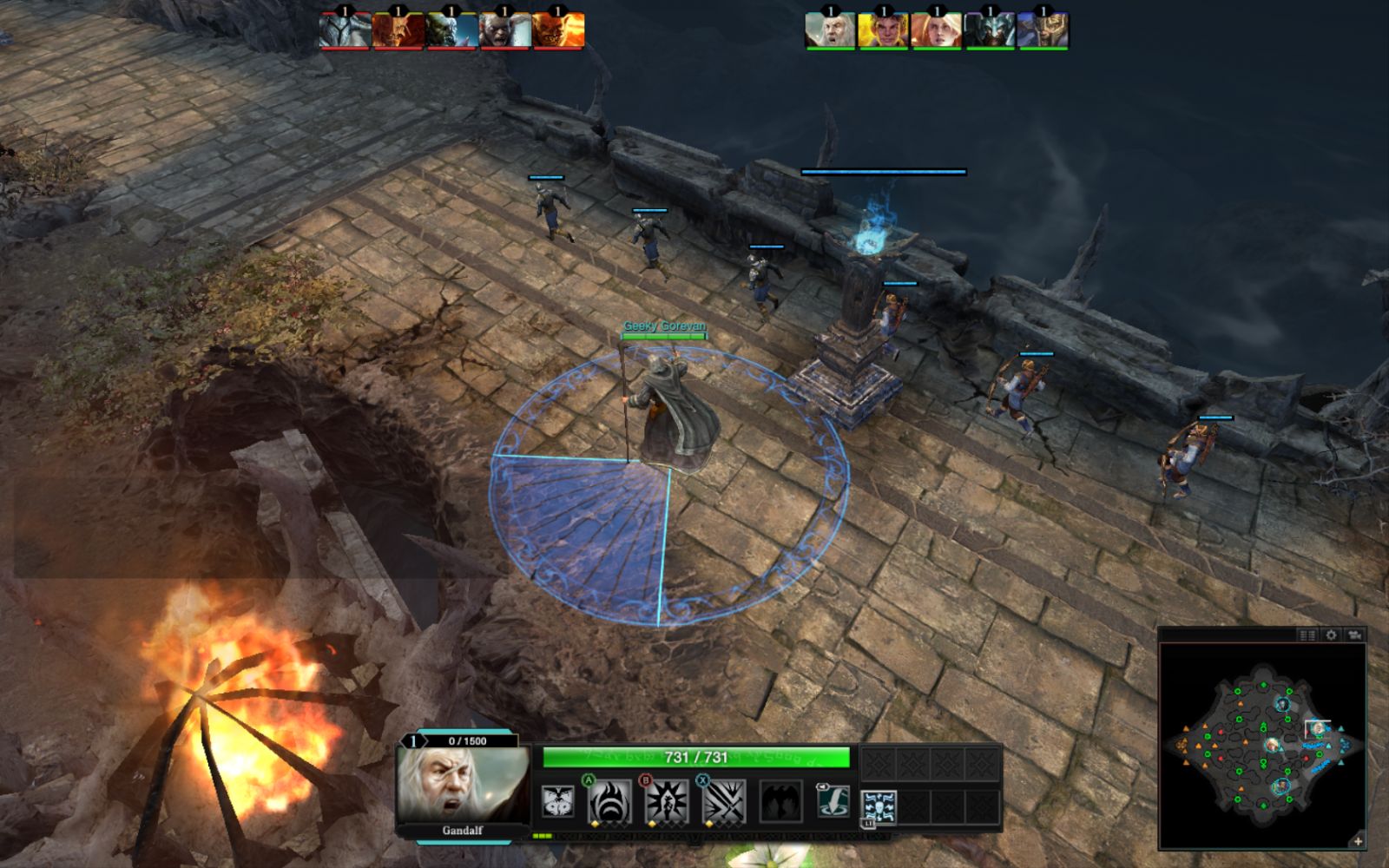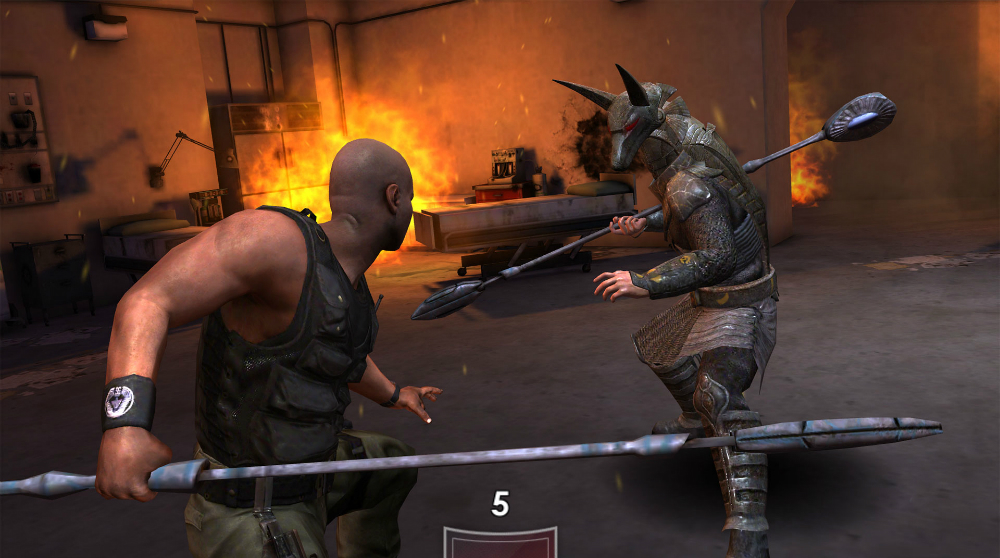The release of the iconic fighting game Mortal Kombat in the early 1990s had a profound impact on the gaming industry, and specifically on the sales of the Sega Megadrive (Genesis) and Super Nintendo Entertainment System (SNES) consoles. This article explores the influence of Mortal Kombat on these two rival consoles, highlighting the fierce competition and controversial aspects that surrounded this groundbreaking title.
The Rise of Mortal Kombat:
Mortal Kombat, developed by Midway Games and released in 1992, revolutionized the fighting game genre with its digitized graphics, intense gameplay, and, most notably, its brutal finishing moves known as “Fatalities.” The game featured a unique cast of characters, each with their own distinct fighting styles and special moves, making it an instant hit among arcade-goers.
Sega Megadrive vs. SNES: A Battle for Console Supremacy:
During the early ’90s, the Sega Megadrive and SNES were engaged in a heated console war, competing for market dominance. The success of Mortal Kombat became a pivotal factor in this battle, as both Sega and Nintendo aimed to secure exclusive rights to the game, knowing that it would significantly impact their console sales.
Sega recognized the potential of Mortal Kombat and capitalized on its controversial nature. The developers made a bold decision to retain the game’s graphic violence, including the notorious Fatalities, which became the game’s trademark. This unfiltered approach distinguished the Megadrive version of Mortal Kombat from its SNES counterpart.
With Mortal Kombat’s release, Sega positioned itself as the edgier and more adult-oriented console, directly challenging Nintendo’s family-friendly image. The advertising campaign for the Megadrive version of Mortal Kombat featured slogans like “Genesis Does What Nintendon’t,” emphasizing the game’s violent content and appealing to older gamers seeking a more mature gaming experience.
The SNES and Mortal Kombat: Censorship Controversy:
In contrast to Sega’s approach, Nintendo adopted a more conservative stance in regards to violent content. In order to maintain its family-friendly reputation, Nintendo decided to censor the SNES version of Mortal Kombat by toning down the blood and removing some of the more graphic finishing moves.
While Nintendo’s decision aimed to appeal to a broader audience, it sparked controversy among gamers who believed in the importance of preserving the game’s integrity. The Megadrive version’s unaltered violence and mature content gave Sega a clear advantage, attracting players who sought an authentic and unfiltered experience.
The Impact on Console Sales:
The divergence in content and marketing strategies significantly affected the sales of the Sega Megadrive and SNES consoles. Mortal Kombat’s unadulterated violence and edginess resonated with older gamers, leading to a surge in Megadrive sales among that demographic. The game’s popularity and Sega’s aggressive marketing campaign played a crucial role in establishing the Megadrive as a viable alternative to the SNES.
Although Nintendo’s SNES still enjoyed immense success due to its impressive lineup of exclusive titles, Sega’s strategic partnership with Midway Games and the immense popularity of Mortal Kombat helped bridge the gap between the two consoles in terms of market share.









